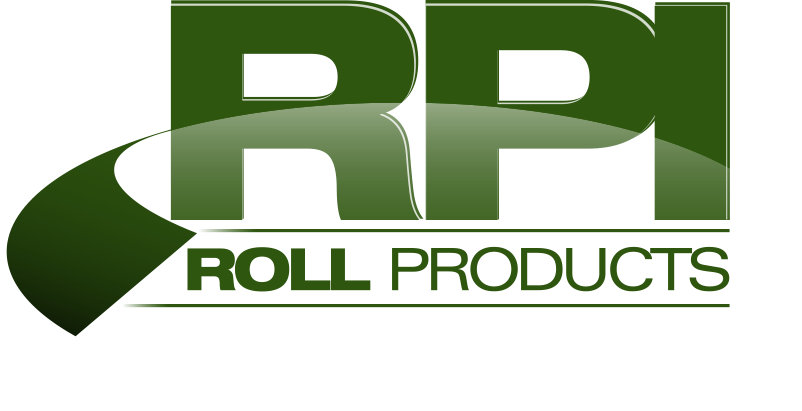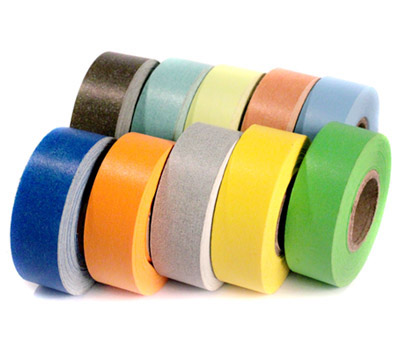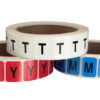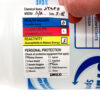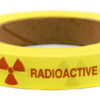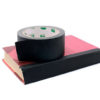A label contains information about a product and its packaging. Therefore, the information on the label acts as an identity for the product. This means that it is vital for companies to acquire labeling services.
Labeling makes a product stand out. This guide gives you detailed benefits of putting a label on a product.
Marketing
In 2017, an estimated 1.66 billion people worldwide purchased goods online. People usually click on online products that have informative labels because this is how they get to know if the product is effective. Therefore, putting an informative custom caution tape on the packaging is an efficient marketing strategy.
Offers Enough Information
Also, the labels inform suppliers and marketers on how to transport, store, recycle, or dispose of the packaging. Therefore, putting custom caution tape on a package is a strategy that most companies should do to ensure that anyone who puts his or her hands on the product will be well informed.
Moreover, including the ingredients on the custom caution tape helps marketers know how they will teach consumers about the components of the product. Consumers buy products mainly because of the ingredients used. Therefore, this information makes work easier for marketers as they can easily spot the target audience.
Provides Professionalism
Distributors want to be associated with products that exhibit high levels of professionalism. This makes it easy for them to find shops and supermarkets to distribute products without taking time to prove to them that the product is of high-quality.
The custom caution tape will include the company’s name, logo, slogan, and contacts. Also, it will have all the credentials to show that the product has observed the production and shipping laws of the country. Distributors and businesses cannot question this high level of professionalism.
It Suits the Product
Industrial labels have proved that labels work to identify a particular product. Each company in various industries creates its own labels because they manufacture different products. Therefore, a customized label only works for a specific product, including the font, colors, and logo used. Therefore, labels have a special relationship with the product.
Branding Standards
It is undeniable that branding contributes to the high sales that companies make. Labeling is a strategy that raises the branding standards of a company and the product. The label should have the logo, certifications, patents, ingredients, and trademarks. The information should be clear that it may look the same every time it is printed.
This guarantees consistency of supply in the market since distributors know what to expect. Consequently, they will be ordering the product in large amounts. The custom tape should be of high-quality. Colored tape is used to improve the look of a product, which also works to improve the brand.
Easy To Create
Creating a custom caution tape and filling it with information is easy. All that is done is uploading the design, putting the logo and all the information needed, and then printing it. The softcopy should be perfect before printing the hardcopies out. The copies are easily attached to the packaging.
A company that produces books can easily create the book spine tape and use it to protect the edges. Therefore, library supply labels are a necessity in these companies. Double layer action labels make work easier for companies that offer book repair services.
Better Flexibility
Product distributors distribute products all over the world, and thus chances are the products reach countries that do not speak the same language as the manufacturers. Custom caution tape is flexible since it is easily changed.
All the manufacturer needs to do is employ people who can use the multi-language capabilities on the labeling solutions. This will ensure that the end product has the language that anyone can understand.
Labeling a product is crucial as it helps suppliers receive high-quality products. This guide gives you the benefits of using the various tapes in the market to label products.
